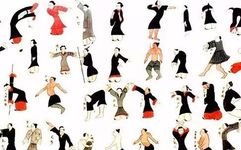Qigong (气功) is a national treasure of China, with a history spanning thousands of years, originating from self-care activities of the human body, emphasizing the internal cultivation of “adjusting the body, adjusting the mind, and adjusting the breath”. Throughout the changes of historical dynasties, various schools have formed, among which the Daoist Qigong, Buddhist Qigong, Confucian Qigong, Medical Qigong, and Martial Arts Qigong are the most influential. In recent years, the General Administration of Sport of China has repackaged traditional Chinese Qigong practices into “Chinese Health Qigong”, developing it as a form of mass sports fitness, aiming to promote it globally and elevate Qigong to new heights.
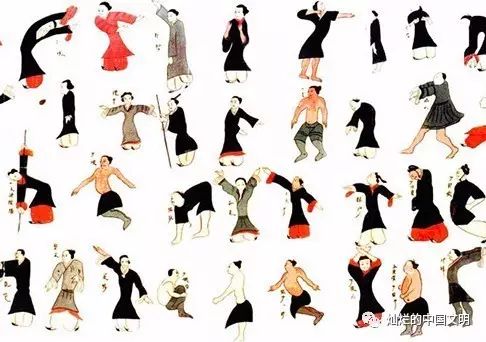
“Chinese Health Qigong” is a traditional national sport that primarily involves physical activities combined with breathing techniques and psychological adjustments. The first four sets of popular exercises were launched in 2003, incorporating the essence of ancient traditional practices such as Yi Jin Jing (易筋经), Wu Qin Xi (五禽戏), Liu Zi Jue (六字诀), and Ba Duan Jin (八段锦). The practice emphasizes both theoretical and practical benefits, aiming to develop Chinese Health Qigong into a widely popular activity that is beneficial for both body and mind, suitable for practitioners of all ages.
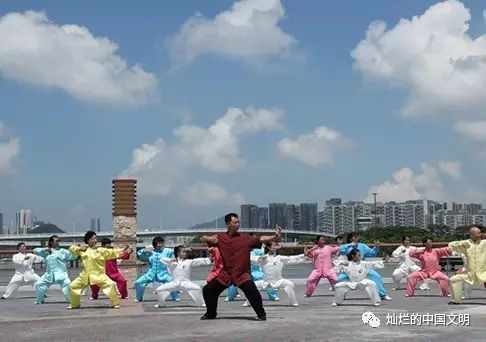
In 2010, the Health Qigong Management Center introduced five new sets of exercises to enhance the development of this mass sports project. The five new sets include Ma Wang Dui Daoyin Shu (马王堆导引术), Tai Chi Health Stick (太极养生杖), Twelve Section Brocade (十二段锦), Da Wu (大舞), and “Twelve Methods of Health Cultivation” (导引养生功十二法). Each set retains the essence of ancient methods while integrating modern Chinese and Western medicine and sports science, collectively created by a group of experts and scholars, and tested for their practical health benefits. Each new set has its unique characteristics, with the Twelve Section Brocade being the first set practiced in a seated position, while the Tai Chi Health Stick is a routine that requires the use of a health stick.
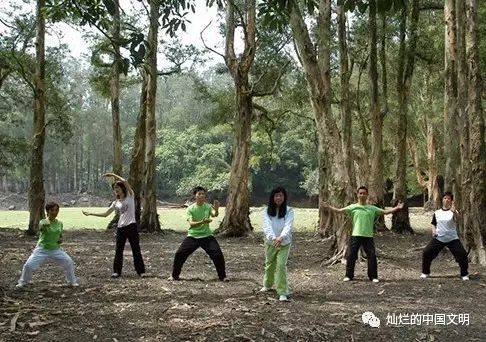
Additionally, in 2007, the Health Qigong Management Center of the General Administration of Sport of China established competition rules for “Chinese Health Qigong” and published the “Health Qigong Competition Rules (Trial Version)”. This book details the organizational structure, general rules, and scoring criteria for competitions, serving as an effective basis for Qigong competitions. The scoring for movement specifications is primarily based on the three adjustments theory of Qigong, evaluating aspects such as form, energy, and spirit. The performance level scoring is a comparative assessment method, evaluated in three categories with nine levels, where judges determine the athlete’s level and assign scores accordingly.
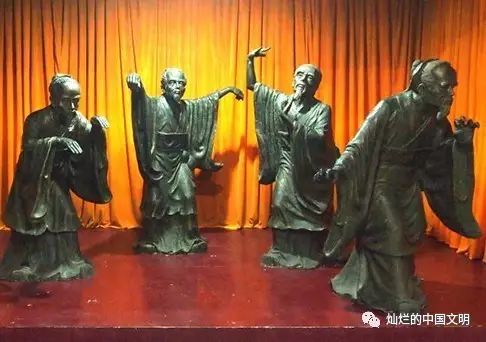
In recent years, Qigong has been integrated with Western medicine, with some hospitals or medical groups in Hong Kong introducing Qigong as a rehabilitation exercise for patients. Qigong experts have also developed two sets of exercises, “Targeted Breast Cancer Qigong” and “Targeted Nasopharyngeal Cancer Qigong”, and have conducted training courses for cancer patients in hospitals or related institutions to assist in their recovery.
Qigong not only serves as a rehabilitation exercise for patients but also has health maintenance benefits. The “Morning Four Steps” is a set of health exercises suitable for anyone to practice upon waking up in the morning while sitting on the edge of the bed. The entire set consists of only four movements (opening the chest and clearing the lungs, gently waving to promote fluid circulation, stretching muscles and exhaling to invigorate the organs, and tapping to energize the limbs), three of which come from “Nei Tai Qi 18” and one from “Ba Duan Jin”, making it simple and easy to learn. Practicing the entire set takes only 3 to 5 minutes, making it very suitable for those who often say they have no time for exercise, especially for those rushing to work or school. Just a few minutes of early sleep can bring them a healthy and vibrant day.

